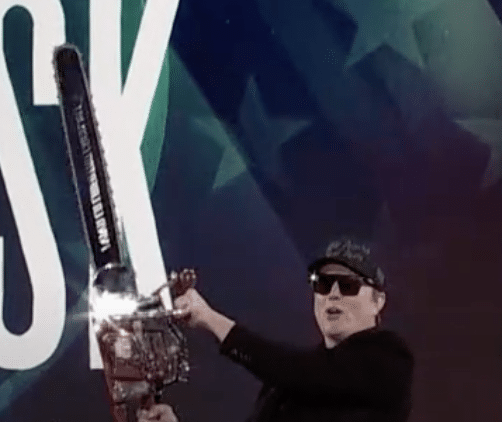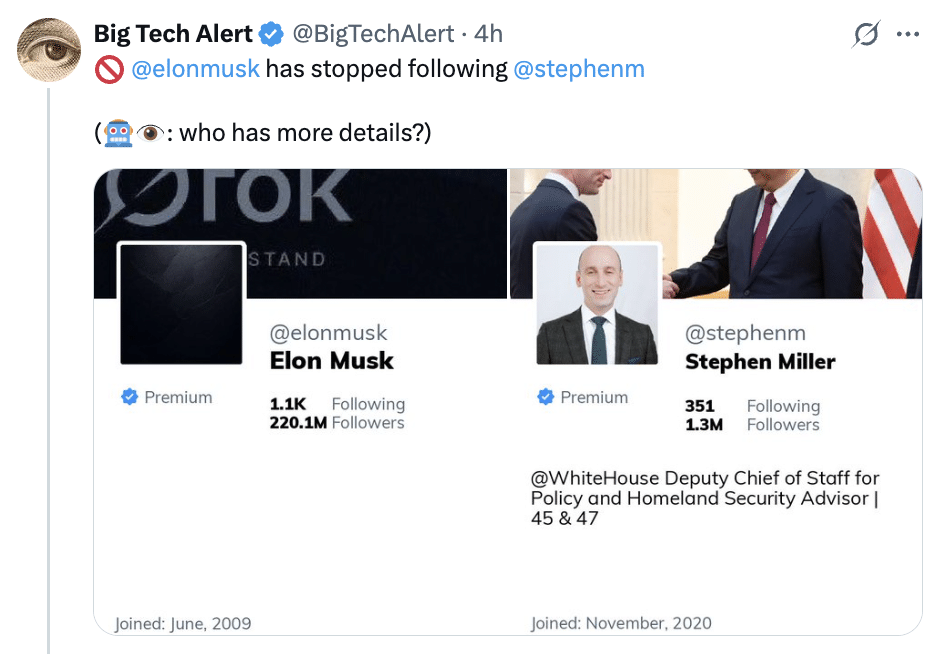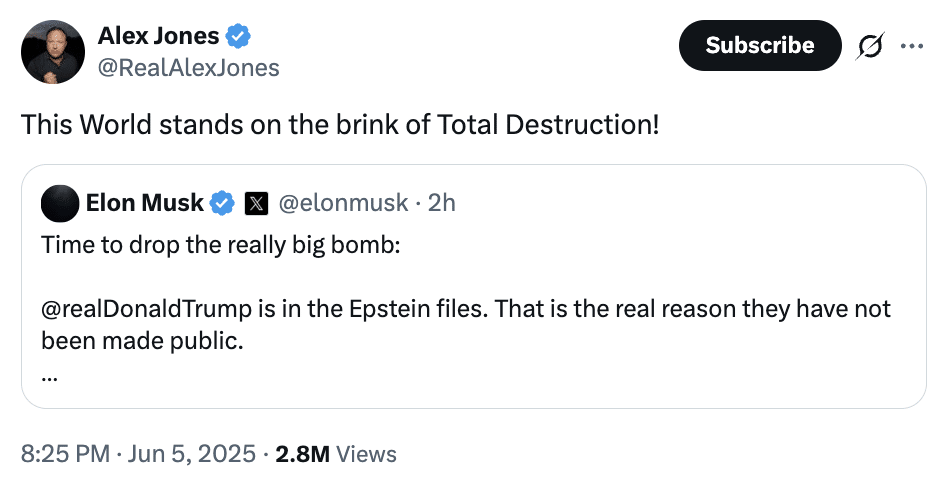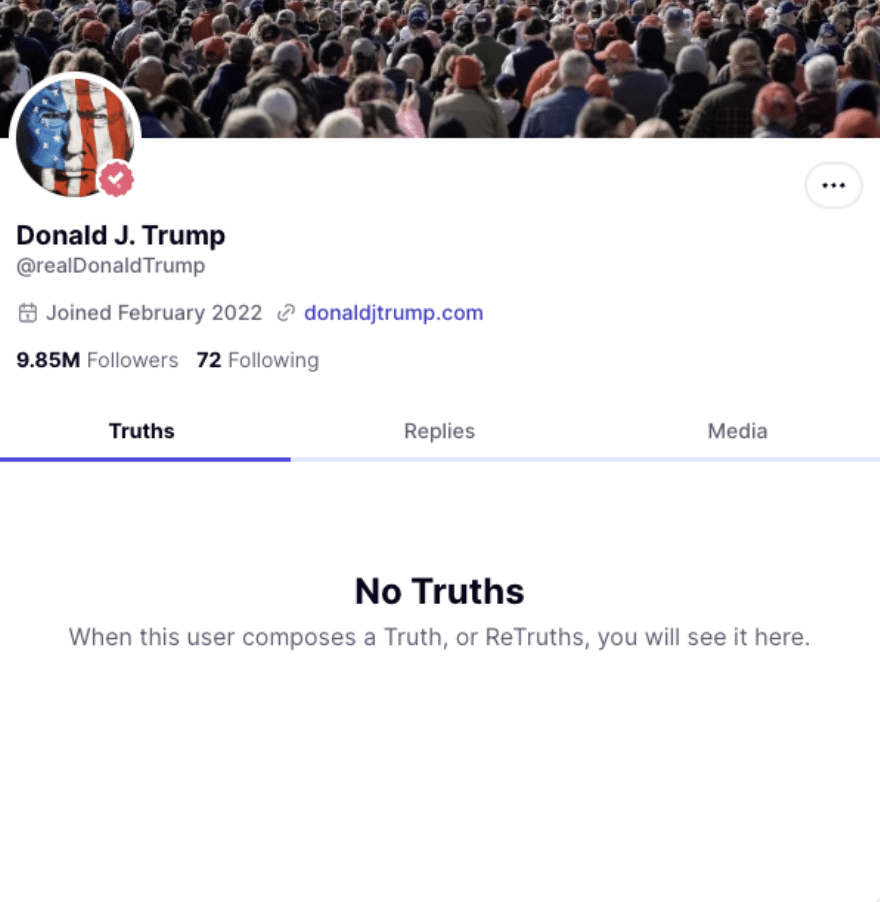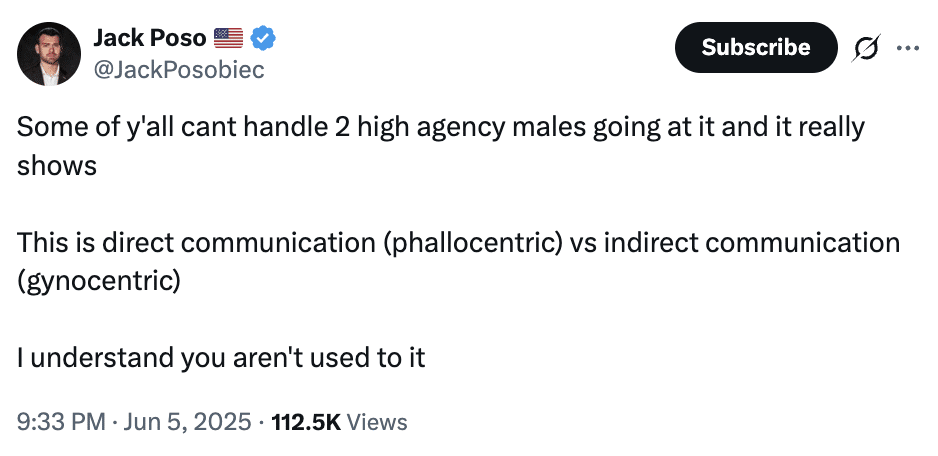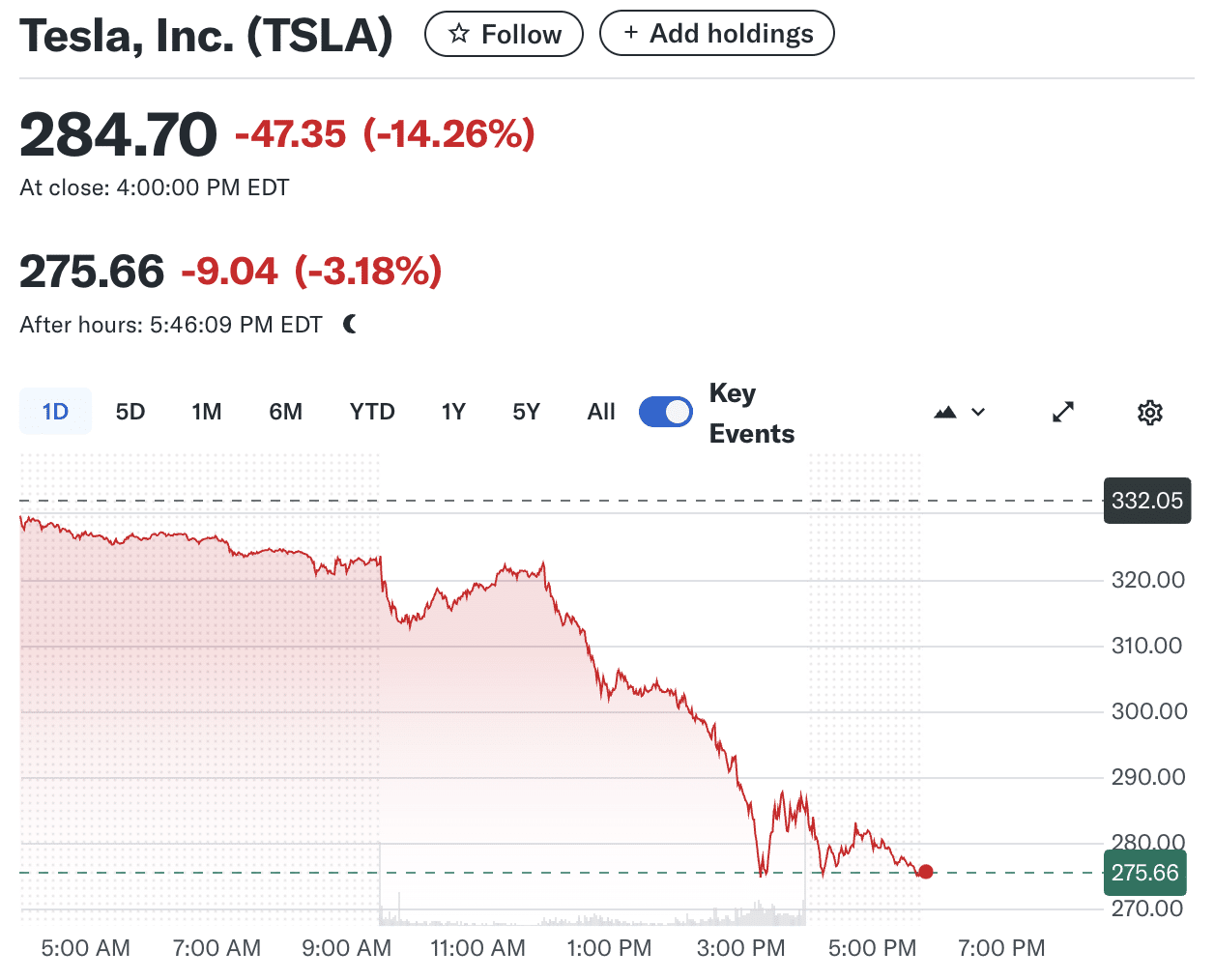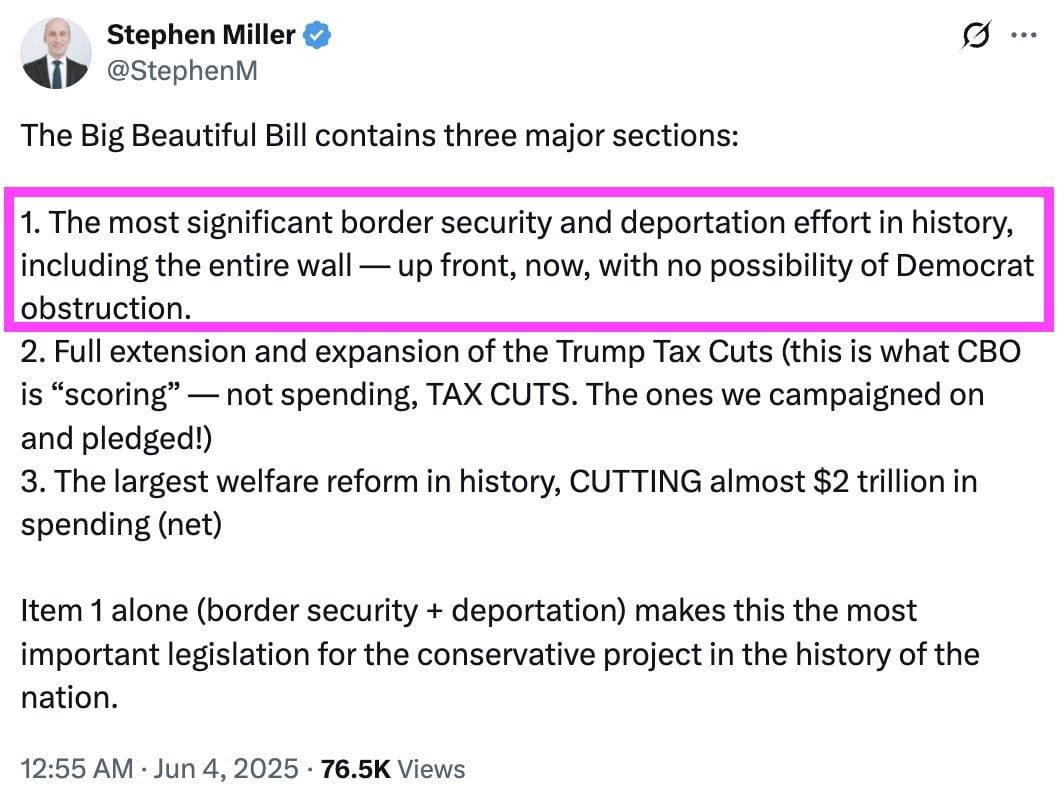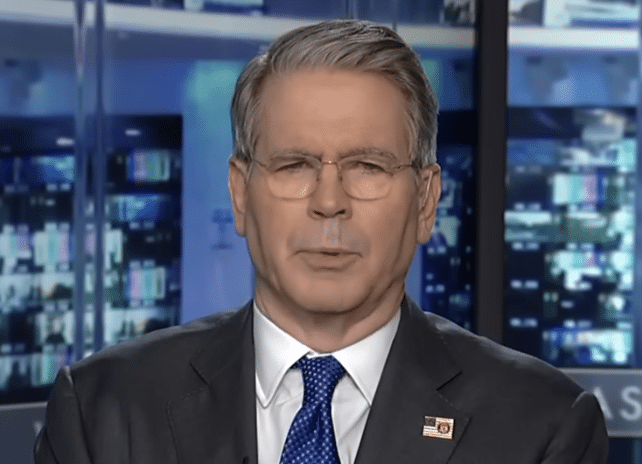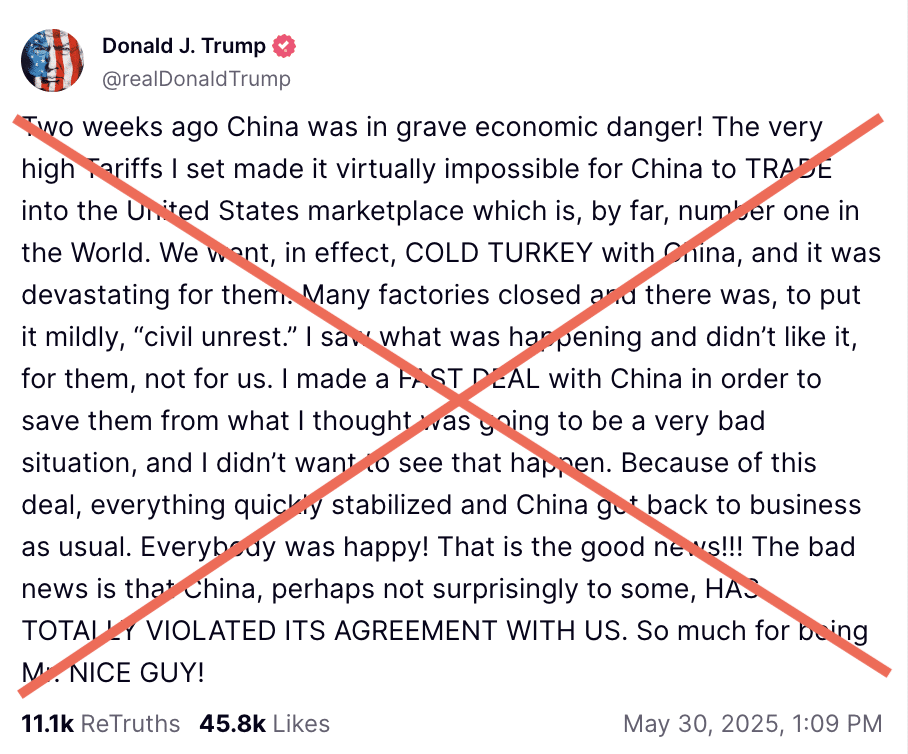The Kilmar Abrego Garcia Indictment
As you’ve heard, the government has done what they claimed they could not do: bring Kilmar Abrego Garcia (KAG) back to the US. They did so to prosecute him on trafficking charges.
I’m going to deal with the indictment against KAG in two separate posts.
In this post, I’ll take the indictment — and only the indictment — on its face to describe how DOJ charged KAG with trafficking charges that span far further than anything for which they have direct evidence.
In a second post, I’ll show how the government has at least three sets of incompatible documents. Not even the indictment and the detention memo are consistent. That’s going to cause problems — potentially very major ones — down the road.
The indictment charges KAG with two crimes, both violations of transporting aliens (18 USC 1324). Count One charges KAG with conspiring with six other people to transport aliens into the United States. Count Two charges KAG, individually, with transporting aliens within the United States. Both charges build out a set of allegations around the November 30, 2022 traffic stop outside of Cookville, Tennessee (which is why this was charged in Nashville) where KAG was driving a van of nine Hispanic men, none of whom had ID, on an expired license.
Effectively the entire indictment tells a story to wrap around that traffic stop, claiming the traffic stop is proof he’s an MS-13 member who was running guns, sometimes drugs, endangering children, and abusing women.
As alleged, there are five Salvadorans involved in the trafficking conspiracy, just three of whom (CC1, CC2, and CC3) allegedly interacted directly with KAG. There’s also a Guatemalan (CC6), who allegedly got migrants into the US that KAG and CC1 and CC2 would allegedly transport within the US for cash payments.
As background to this indictment, let me reup the eight things you need to know about conspiracy law that Elizabeth de la Vega wrote that I always rely on.
CONSPIRACY LAW – EIGHT THINGS YOU NEED TO KNOW.
One: Co-conspirators don’t have to explicitly agree to conspire & there doesn’t need to be a written agreement; in fact, they almost never explicitly agree to conspire & it would be nuts to have a written agreement!
Two: Conspiracies can have more than one object- i.e. conspiracy to defraud U.S. and to obstruct justice. The object is the goal. Members could have completely different reasons (motives) for wanting to achieve that goal.
Three: All co-conspirators have to agree on at least one object of the conspiracy.
Four: Co-conspirators can use multiple means to carry out the conspiracy, i.e., releasing stolen emails, collaborating on fraudulent social media ops, laundering campaign contributions.
Five: Co-conspirators don’t have to know precisely what the others are doing, and, in large conspiracies, they rarely do.
Six: Once someone is found to have knowingly joined a conspiracy, he/she is responsible for all acts of other co-conspirators.
Seven: Statements of any co-conspirator made to further the conspiracy may be introduced into evidence against any other co-conspirator.
Eight: Overt Acts taken in furtherance of a conspiracy need not be illegal. A POTUS’ public statement that “Russia is a hoax,” e.g., might not be illegal (or even make any sense), but it could be an overt act in furtherance of a conspiracy to obstruct justice.
Conspiracy law allows prosecutors to hold one cog in a larger crime responsible for the actions taken by everyone else with whom he entered into a conspiracy — and the agreement can be implicit (see Rule One). Once prosecutors show that a person has entered into a conspiracy — here, to transport migrants first into the US and then around the US — then he is on the hook for everything else his conspirators do. Conspiracy law allows prosecutors to rely on communications from some members of a conspiracy without requiring them to take the stand to validate those communications.
Two more points. First, it is totally normal for DOJ to refer to co-conspirators anonymously as they do here. In addition, it is not at all unusual for DOJ to throw a great deal of energy — such as (hypothetically) a cooperating agreement with CC1 and possibly even favorable treatment of CC6 to substantiate a case against a lesser member of a conspiracy if they want. That’s likely what happened here.
With that as background, here’s what the conspiracy looks like:
CC1 allegedly recruited KAG into this trafficking conspiracy way back in 2016 (the government claims, with no evidence presented, that it has continued up to present day, but that may simply mean others continued to transport migrants until a recent arrest). Sometime in the past, CC1 was arrested for trafficking, did his sentence, got deported, then returned to the US. When he was in prison, the indictment alleges, he recruited CC2 to take his place.
It seems likely that CC1 and CC2 will be the government’s star witnesses against KAG; there is an exceeding likelihood that they provided that testimony to avoid being sent to CECOT.
CC1 and CC2 generally attest to certain details about how the smuggling worked — they picked up migrants in Houston, usually in batches of 6-10, transported them in a van using varied routes, took away their cell phones, used the cover story of transporting men for construction jobs, and got paid in cash. Those details happen to match the known details of the van in which KAG was stopped in 2022. Both appear to claim they also transported weapons, but that is not charged (if they were transporting weapons but KAG was not, it would provide DOJ additional leverage to flip them).
They apparently had communication with CC6, because (the indictment alleges) that KAG was abusing women which was bad for business so CC6 told CC1 and CC2 to get him to stop (apparently DOJ believes that migrants coming to the US are repeat customers). In addition, CC1 used CC6 to transfer funds, for a fee (that doesn’t make sense either, because if CC1 was worried about customer service for CC6, why would he pay him to transfer funds?).
There are allegations that go through CC3, CC4, and CC5 that money changed hands. That doesn’t seem well fleshed out, but it provides cause to introduce a bunch of Western Union records that may not tie to the cash found in KAG’s pocket when he was stopped in 2022. The government also claims they’ve got evidence of cell phone and social media communication; in the indictment, they don’t quote a single communication involving KAG directly. That’s part of the beauty of a conspiracy charge, if you’re a prosecutor: You can rely on the communications of other co-conspirators to prove elements of the crime (indeed, if Trump had gone to trial for January 6, evidence against him would have relied heavily on communications of Rudy and others).
It’s tough to assess the case based on what they show in the indictment (and without the cooperation deals under which CC1 and CC2 presumably testified). But it’s notable that the testimony of CC1 and CC2 differs as to one key respect: about whether they got paid.
18. KILMAR ARMANDO ABREGO GARCIA and CC-1 regularly required the undocumented aliens they transported to pay KILMAR ARMANDO ABREGO GARCIA and CC-1 in cash for facilitating their transport throughout the United States. The MS-13 members and associates transported by CC-2 refused to pay for CC-2 for his transportation services, but the MS-13 members and associates KILMAR ARMANDO ABREGO GARCIA transported generally treated KILMAR ARMANDO ABREGO GARCIA with respect and also paid him for his transportation services.
CC1 says he got paid, along with KAG. CC2 says he did not, but attests that the alleged MS-13 gang members transported by KAG showed him respect and paid him.
Central to whether they can prove this case or not, they’ll have to prove that 9 gang members paid cash in advance — the $1,400 found on KAG’s person at the 2022 traffic stop — to be transported around the country but did not do anything to steal that money back. If everything was in cash, then the government has no records of KAG getting paid, just Western Union transfers that do not allege his involvement.
Conspiracy law is a powerful tool. But much of this case depends on the credibility of CC1.
Update: Added language about this treatment of co-conspirators fitting the norm for DOJ.





